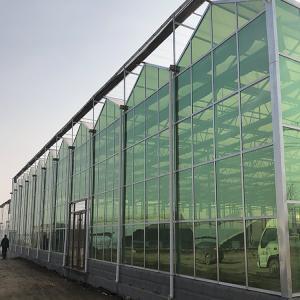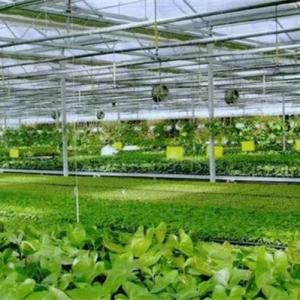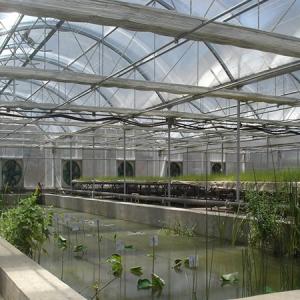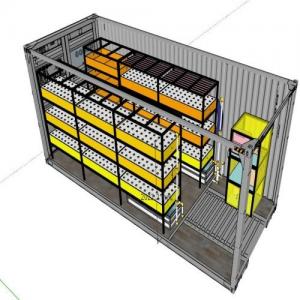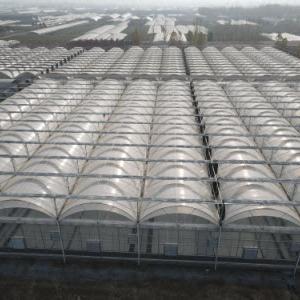Turkey's Greenhouse Sector Flourishes, Boosting Agricultural Output and Exports
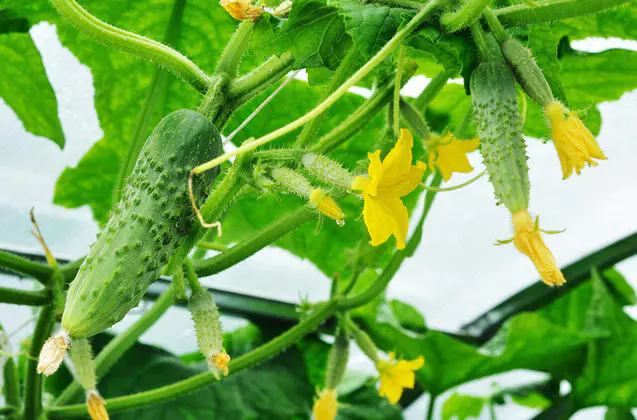
Turkey's greenhouse industry is experiencing significant growth, emerging as a key driver of the country's agricultural productivity and export earnings. Recent data from the Turkish Ministry of Agriculture and Forestry highlights a steady expansion in greenhouse cultivation area, technological adoption, and diversification of high-value crops, positioning Turkey as a leading player in regional and global markets.
Over the past five years, the total greenhouse area in Turkey has increased by approximately 15%, reaching over 50,000 hectares, with major concentrations in the Aegean, Mediterranean, and Marmara regions. This growth is fueled by government incentives, including subsidies for modern greenhouse infrastructure, access to low-interest loans, and support for research and development in sustainable farming practices. Farmers are increasingly transitioning from traditional open-field farming to controlled-environment agriculture, attracted by higher yields, year-round production, and reduced vulnerability to climate variability.
Technological innovation is at the forefront of this expansion. Turkish greenhouses are increasingly integrating advanced systems such as drip irrigation, climate control (heating, cooling, and humidity management), and precision agriculture tools, including IoT sensors and AI-driven monitoring platforms. These technologies optimize resource use—reducing water and energy consumption by up to 30%—while enhancing crop quality. Cherry tomatoes, cucumbers, bell peppers, and strawberries are among the top crops grown under protected cultivation, with demand surging both domestically and internationally.
Export figures reflect the sector's success. In 2023, Turkey's greenhouse vegetable and fruit exports exceeded $2.5 billion, marking a 12% increase from the previous year. Key export destinations include Germany, Russia, the Netherlands, and the Gulf Cooperation Council (GCC) countries, where Turkish produce is valued for its freshness, flavor, and competitive pricing. The sector's growth has also created significant employment opportunities, supporting rural economies and reducing reliance on imports for certain high-demand crops.
Sustainability is another focus area. Many Turkish greenhouse operators are adopting eco-friendly practices, such as using renewable energy sources (solar panels and geothermal heating), implementing integrated pest management (IPM) to minimize chemical use, and recycling water. These efforts align with the European Union's strict environmental standards, facilitating access to lucrative markets in the bloc.
However, challenges remain, including rising energy costs, fluctuations in global market prices, and the need for further investment in post-harvest technologies to reduce food waste. The government and private sector are collaborating to address these issues, with plans to expand cold chain logistics and promote organic greenhouse certification to tap into premium markets.
As Turkey continues to invest in its greenhouse sector, industry experts predict sustained growth, with exports projected to reach $3 billion by 2025. This expansion not only strengthens Turkey's agricultural competitiveness but also contributes to global food security by providing a reliable supply of fresh produce year-round.
